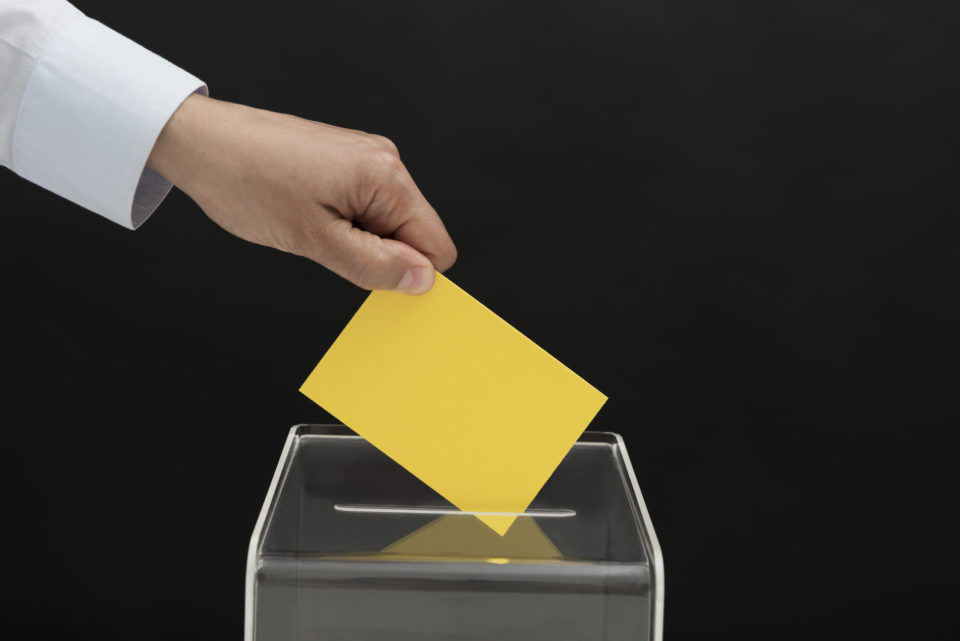By Linda O’Reilly, Special Counsel, Tompkins Wake.
If you are reading this … it is a fair assumption that you have an interest in local government. Do you want to have a crack at being mayor?
Maybe a councillor, community or local board member? It you are a local government employee you will have to resign if elected, but being an elected member is pretty much a full-time job nowadays anyway.
Although nominations for the 2022 local government elections do not open till 15 July, now is the time to be thinking about it if you believe you have something valuable to offer. Despite the fact ground-breaking changes face local government in the next triennial term, there are still plenty of people willing to give it a go.
As at the date of writing (April) there are already eight contenders for the Auckland mayoralty, including the former mayor of Far North District Council, Wayne Brown. Although the role of Auckland mayor was once touted as the second most important politician in the country, the reality is a little less imposing, but still clearly attractive to punters.
Whether you genuinely believe you can improve our civic functions, are reluctantly pushed forward by others, or just want to have a bash because anything would be better than the status quo, you need to start building your profile and policy offering now.
If you are on the electoral role, a New Zealand citizen, and 18 years or older, all you need to get started is two supporters who are similarly qualified to nominate you. While you need not live in the area you wish to stand for, the persons who nominate you must do so.
The cost of putting in a nomination is only $200, and you will get it back as long as you get no less than 25 percent of the number of votes received by the lowest polling successful candidate. As a former returning officer (‘old school’) I can tell you some do lose their stake but, hey, it is only about the cost of filling up your car at today’s prices.
There are a few rules to follow about things like when and where you put up election hoardings, and how much you expend on election expenses.
The maximum amount you can spend ranges from $3500 in an area with a population under 5000, to something in the order of $800,000 if you are standing for the Auckland mayoralty. On the other hand, the maximum spend does not include the value of mates helping you out with electioneering, so it is possible not to spend anything at all.
If you want to claim an affiliation on the voting paper (anything other than ‘independent’) the electoral officer may ask you to provide evidence that you are entitled to that affiliation. You will have to file a return after the election to prove you have not overspent, and once the Local Government (Pecuniary Interests Register) Amendment Bill passes you will also have to complete a mandatory return stating your pecuniary interests if you are elected.
How much you get paid depends on the office you are elected to and the district or region. The current schedule of remuneration, allowances and hearing fees is determined by the Remuneration Authority and includes some allowances and hearing fees that can add to the base payment.
While there are wide variations, a councillor can expect a base salary anywhere from $18K to $106k per annum, but most typically something in the range of $40 to $60k. While community members earn considerably less, in Auckland local board members earn similar sums to councillors elsewhere in the country. Mayoral remuneration can be as high as $296,000 in Auckland, and mostly tops $100k throughout the country.
So, it is good work if you can get it, but you will work hard for your money. Most local authorities have a relentless round of meetings and workshops, with a mountain of reading required to do the job justice. Not to mention the event attendances and constituency demands.
This election cycle sees an influx of new opportunities for those wishing to improve the interaction of local government with its Maori communities.
Following legislative changes introduced by the Minister of Local Government there is a massive uplift in the number of councils with Maori wards or constituencies in this year’s elections, particularly in the North Island. The nomination process is similar to that of any other elected member, but you will need to be nominated by two persons on the Maori electoral roll, and those voting in such wards or constituencies must also be on that roll.
It is to be hoped and expected that this change in the opportunity for Maori representation will see an improvement in the numbers voting. Because those numbers are not good. Voter turnout has declined from an average of 45 percent in 2010 to 38.2 percent in 2019 in metropolitan areas, with provincial and rural areas doing slightly better at 46.7 percent and 56.9 percent respectively. Another way to look at this is, the more you pay your elected members the smaller the percentage of people vote for them.
Clearly local elections are not sexy, but a little sad. This ought not to be the case. Around the country huge infrastructure projects are underway, and massive changes are afoot in areas such as the environment, climate change, transport and how infrastructure of all kinds is delivered. These are local government issues, as is the much talked about housing crisis. While central government is increasingly driving these issues, local government is at the coal face as the instigator and operator of the resulting policies.
Think about it. Would you like to be one of those delivering change, determining policy, and protecting what the community values?
If not, you could at least think about shoulder tapping those who have value to add. It is not a bad job if you have the inclination and determination. LG



